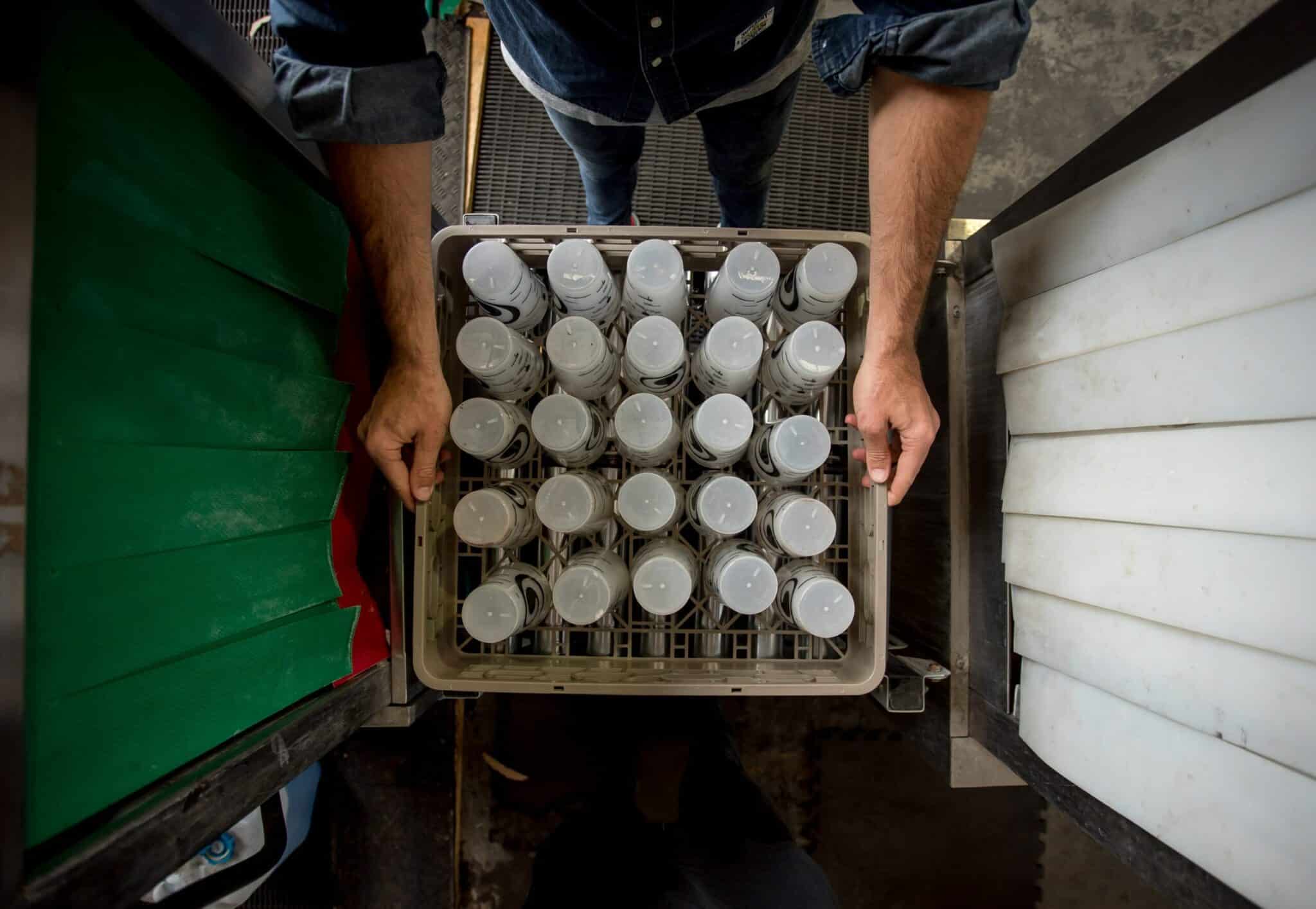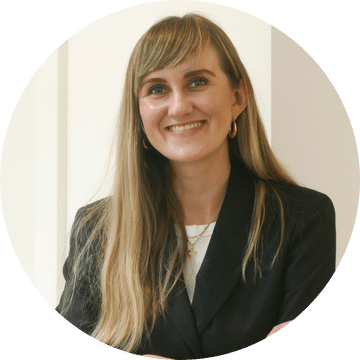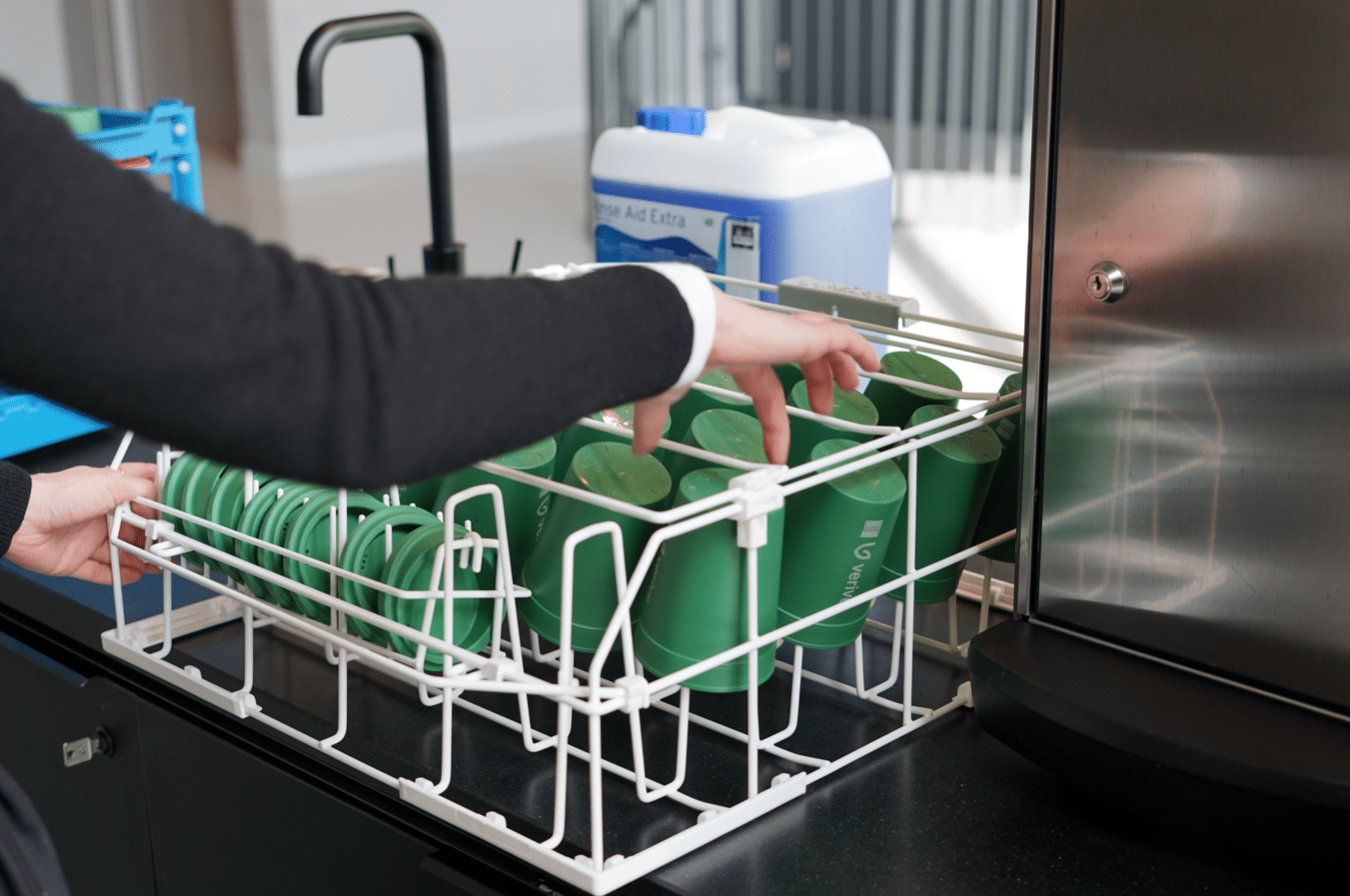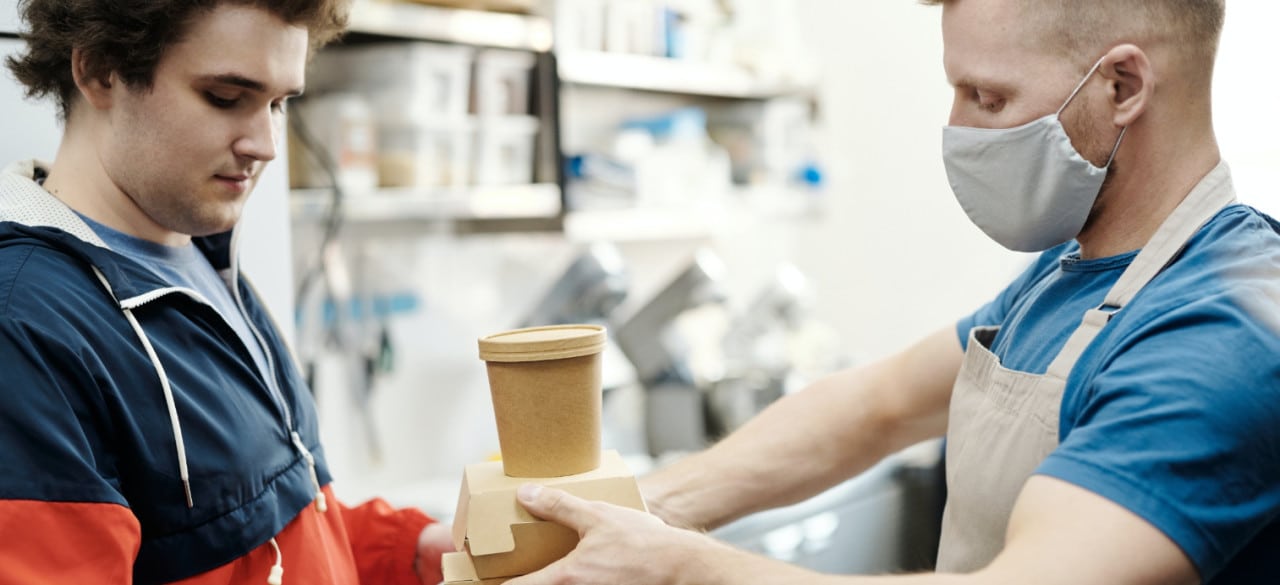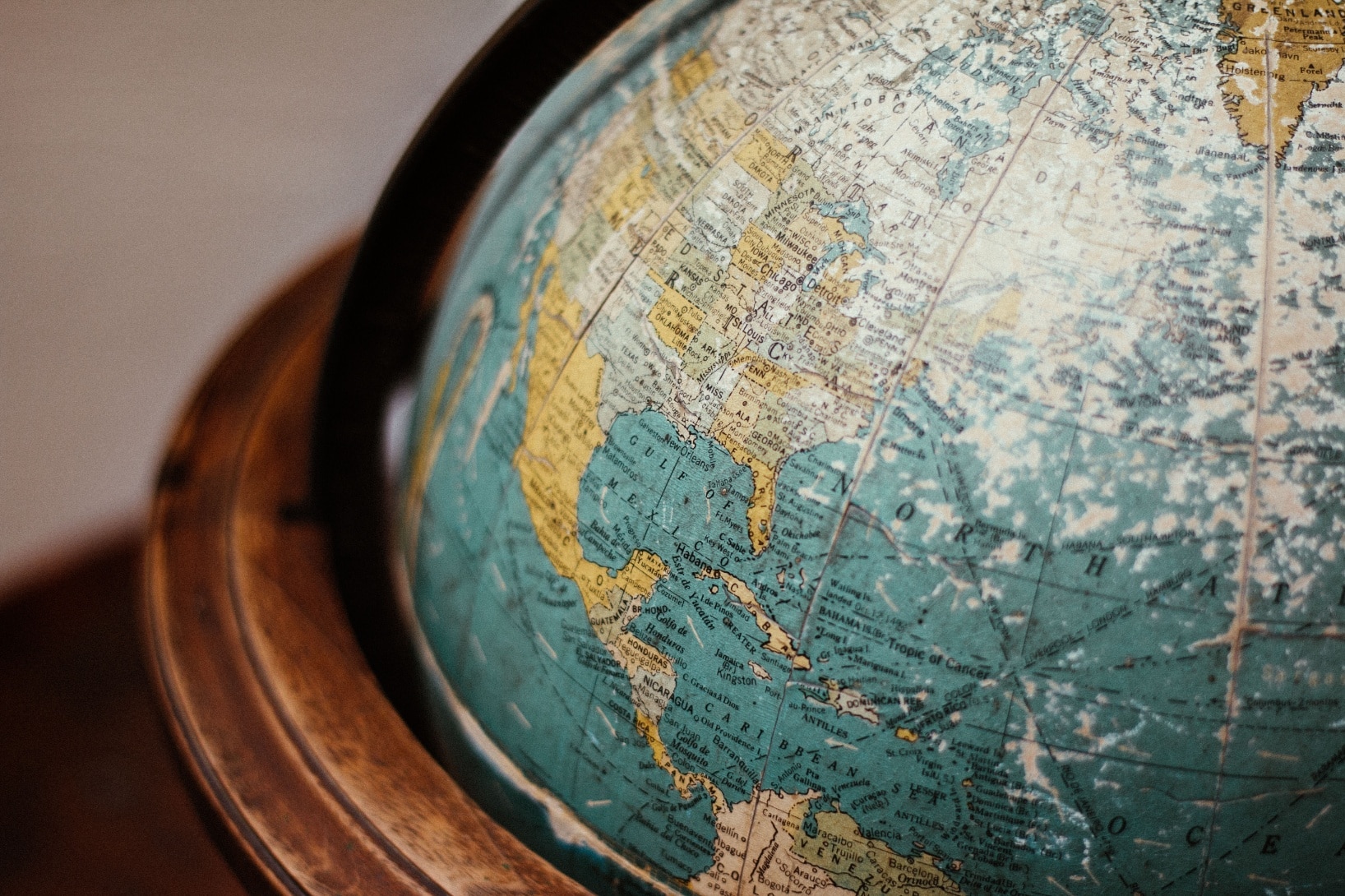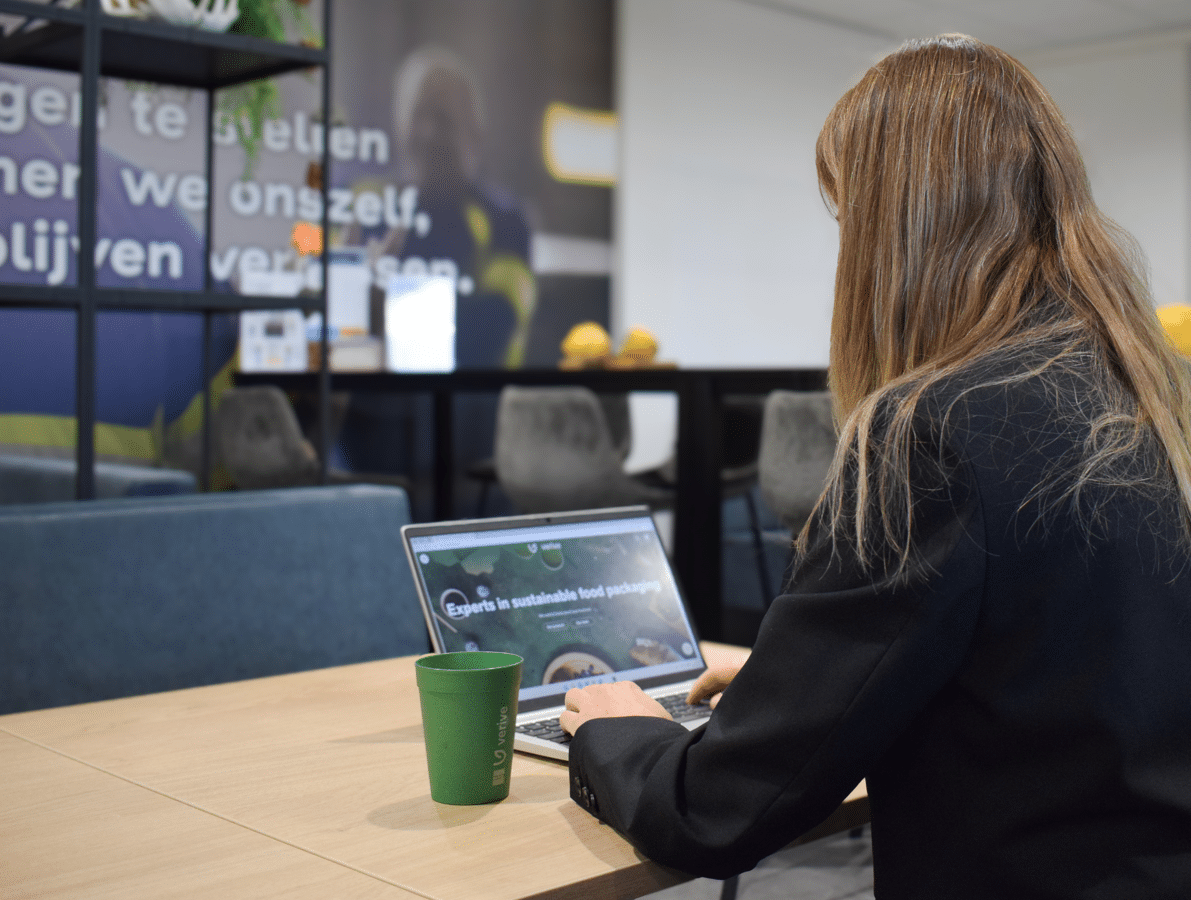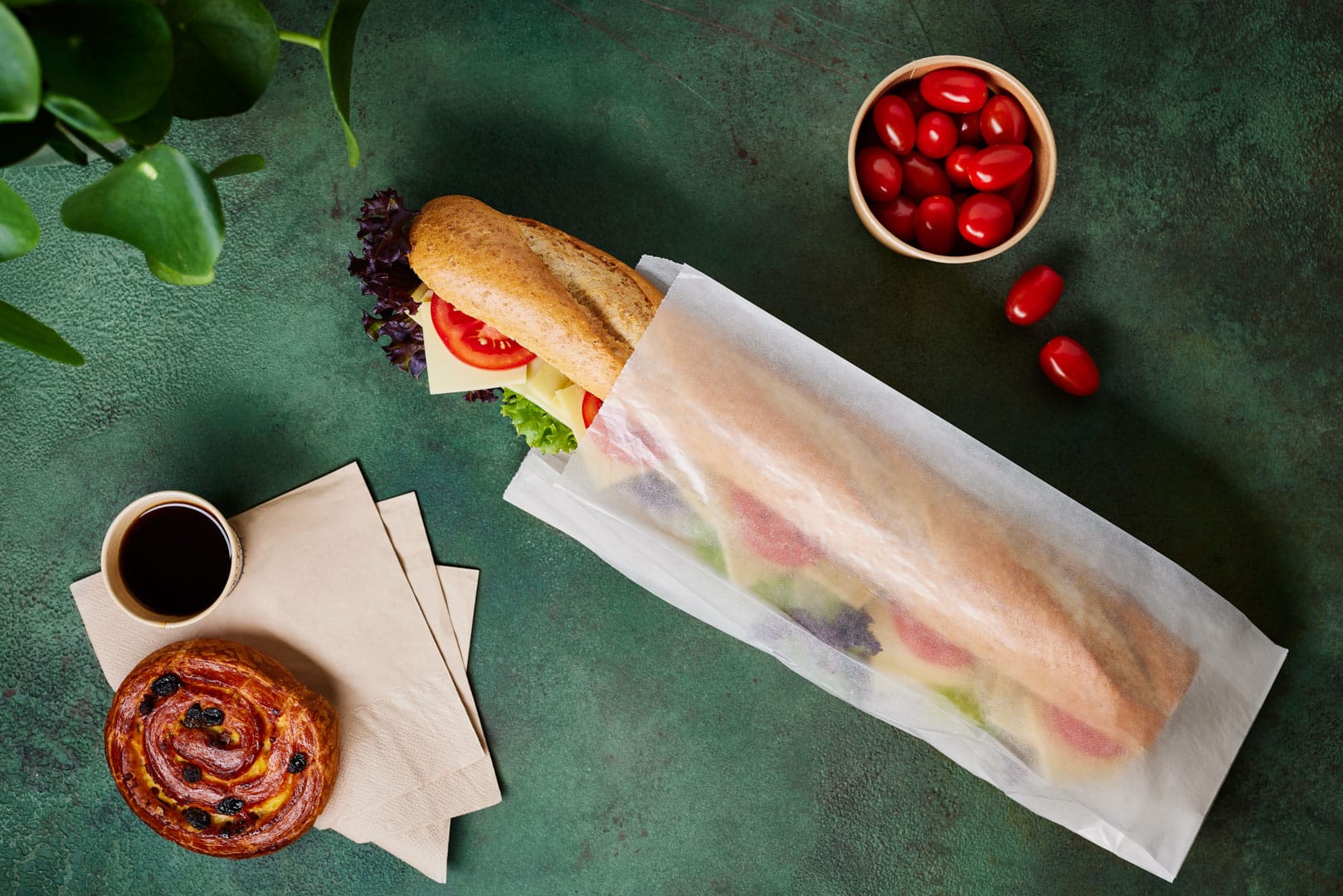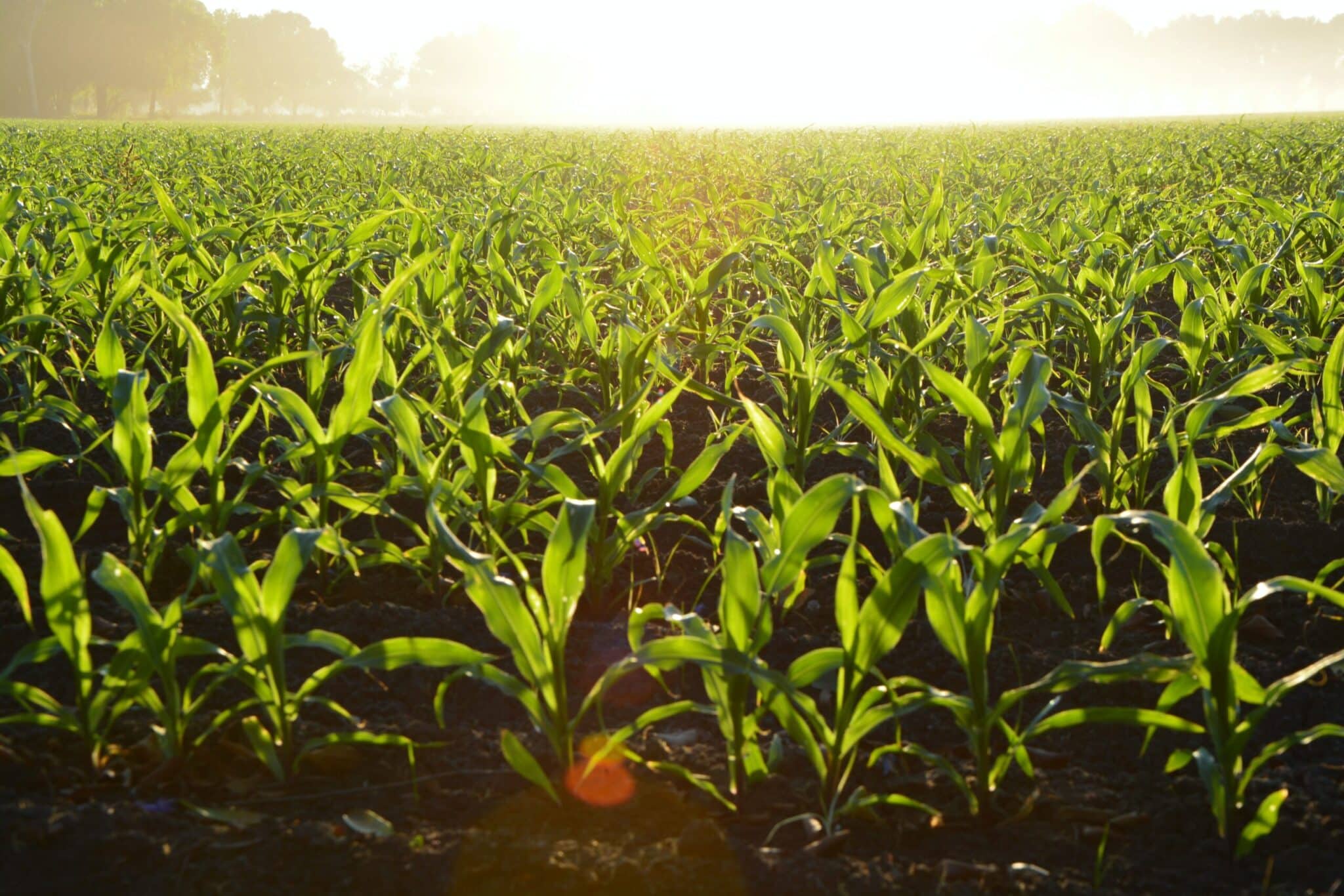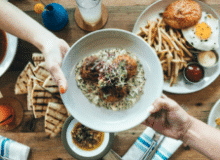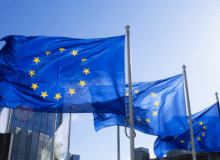About this article
We spoke to Bunzl Netherland’s Sustainability Manager who shared their expert advice on what to look out for when making the move in catering and hospitality from single-use plastics to reusables and recyclable alternative materials.
For the latest instalment of our sustainability interview series, we had the pleasure of chatting with Joost Lip, Bunzl’s expert Sustainability Manager for the Netherlands. Joost spoke about Bunzl’s work advising businesses on making the switch from single-use plastics to multiuse and recyclable food packaging and tableware. Read on to see what an industry leading expert had to say about what foodservice businesses can do to keep up with the latest legislation and trends.
Can you tell me a little bit about your background?
I’ve been in my role as Sustainability Manager at Bunzl since April 2021. Before that, I spent seven and-a-half years working for Bunzl Foodservice in Almere as a Key Account Manager, mainly focused on to-go and takeaway customers such as petrol stations, railway stations, etc. And my educational background is in hotel management. So I’ve also worked in hotels and, for many years, in sales for ice cream, salad and snack food producers. The food service market is what I love. I like to please customers, and I love food and drink. I’m a hospitality guy.
What exactly does your job as a Sustainability Manager involve?
I read legislation and incorporate legislation related to sustainability into all the Bunzl companies, not just the foodservice sector. I regularly train colleagues and customer teams in sustainability, so I set up a modular training course to facilitate this. The main goal is to help the customer understand what's happening with sustainability – not for them to get anxious or nervous about the subject – and keeping the conversation open.
Through my work, I connect to a lot of internal and external supply chain partners. This includes waste handlers, producers, suppliers, and customers. The subject of sustainability is easy to put on the table with different people with different perspectives and roles and responsibilities. It’s quite an open subject where everybody is looking into what to do, what's the next step, what's the best for me, for my customer, for the earth, and for the world. These conversations and changes are moving at such a high speed, especially over the last few years.
How much would you say your customers know about the Single-Use Plastic Directive?
We have worked hard to inform our customers of the changes in legislation and the impact on their specific business. This has helped to increase awareness amongst our customer base. Of course, beforehand they knew of the legislation, but knowing about it and understanding it are two very different concepts. At Bunzl, it isn't that we are just following the legislation, we try to be ahead of it, looking for alternatives and other materials. For example, we stopped purchasing plastic straws long before it was required and nowadays we seek out emerging trends in materials, focussing on renewable or recycled resources.
Of course when it comes to things like the EU’s Single-Use Plastics Directive, well, it’s not like sustainability is a place that you get to. It’s a process. And even when you reach a milestone, there will probably be new legislation on the horizon. That means that doing the right thing today can be the wrong thing tomorrow. It’s also a bit of trial and error. You have to experience things and see how it works, see how the guest and the customer reacts. If it doesn't work, okay, then you have to be able to say sorry, we tried it. It didn't work. We're going to pivot to something else. That’s the way forward.

It’s interesting how attitudes have evolved around plastic over the last few decades. What are your thoughts on that?
At Bunzl, we say that plastics shouldn't be banned completely, because it has got a lot of advantages as a material, like how it can help keep food fresh longer. Additionally it’s light, it's good for transportation, etc. The only thing is that it’s made from fossil fuels and that's something we don’t want to rely on. That is why we need to focus on circularity and recycling. For example, I'm talking to a lot of companies who are starting up recycling processes, and coming up with codes to recognize specific kinds of plastics which can be better captured and recycled.
What kind of difficulties have you faced turning towards alternative materials?
Well, sugarcane is not growing around the corner but around the equator. And then it has to be transported to a country like China for manufacturing. And from China the products get shipped to The Netherlands. How sustainable is that? Once you get into those discussions, things can get very complicated. I can actually give an example of this that also ties into bagasse.
About a year ago a waste handler replied to a social media post of ours about more sustainable solutions and bagasse plates. He asked why we were promoting bagasse when his facilities cannot handle them. As a result, I contacted the materials-development manager of Renewi, the largest waste handler in The Netherlands, to discuss bagasse. I simply asked: If this isn’t the right material for recycling or composting, then what would be the right material? I try to bring all involved parties together around the same table for discussions. That is why we make combined appointments with foodservice clients and in the health sector together with waste handlers. We are constantly learning from each other and better understanding the best way forward.
Now imagine you’re speaking to the manager of a popular local vegan takeaway and recommend focusing on reusables and recyclables. Practically speaking, what does that mean for that foodservice business?
First of all, look at your current assortment. Ask yourself the following questions:
-
What kind of assortment is it?
-
What is it made of?
-
How sustainable are these materials?
-
What could we swap out for something better that you and your customers would use?
Next, you need to consider what will be done with your products. Are your customers eating on the premises or are they primarily taking it away? For many businesses, the answer to this will probably be a combination.
In summary: Look at what you're using. Look at what you can replace and what could be better handled. I always encourage people to think about what products can be most readily and effectively recycled. Cardboard and paper cannot be recycled unless they’re dry and clean. For example, if the primary packaging products at the vegan takeaway are not recyclable because the paper and cardboard are dirty, then it's all going to be incinerated. You have to start looking at what's going to have the lowest impact on the Earth throughout its entire lifecycle.

To make things much easier on yourself, focus on the upcoming implementation of legislation. For example, when it comes to the Single-Use Plastics Directive compliance, you can ask yourself if you really need to only use disposables if people are eating in. In my personal opinion, disposables are used in too many moments in our day and can be cut back. For example, what’s the point of using a disposable mug in an office instead of a ceramic one?
That said, most foodservice businesses should make use of a combination of reusables and recyclable disposables. You cannot go from only using disposables to only using reusables or vice versa. You really should be looking for a combination given customer behaviours and preferences. Why? The food container, in reality, is only about 10% of the whole product. It’s important to look at the entire product, its complete life-cycle assessment (LCA).
There are so many products on the market right now that are considered more sustainable and have less plastic, but it’s easy to get overwhelmed. What do you recommend?
It’s all about trusting a company or a certain range of products, like Verive. The good thing about Verive is that it offers more than its products. The company takes the time to tell the story behind the products and materials. It explains why, and when, people should opt for a specific product. It has articles. It has surveys. Use these resources, understand why certain products are useful.

What other advice would you give those in foodservice, especially about transforming from disposables to multiuse or reusables?
We get a lot of questions like which is more sustainable or which has less impact on the environment? Is it single-use or multiuse? It always depends on how many times things are being used and how they are being used. For example, that’s why I rely on the KIDV, The Netherlands Institute for Sustainable Packaging. People always ask us for the truth, and we are constantly looking into this. Who offers common sense, no nonsense information? An institute like the KIDV. For example, they have made an easy-to-use LCA and recycling tools that can compare single-use and reusable products across multiple variables, including cost, to assess environmental impact. These tools can help customers understand what options are best for their foodservice business.
Enjoyed this interview? Explore our website for more useful content on the latest Single-Use Plastic-related legislation. Or dive straight into another Verive sustainability interview.
